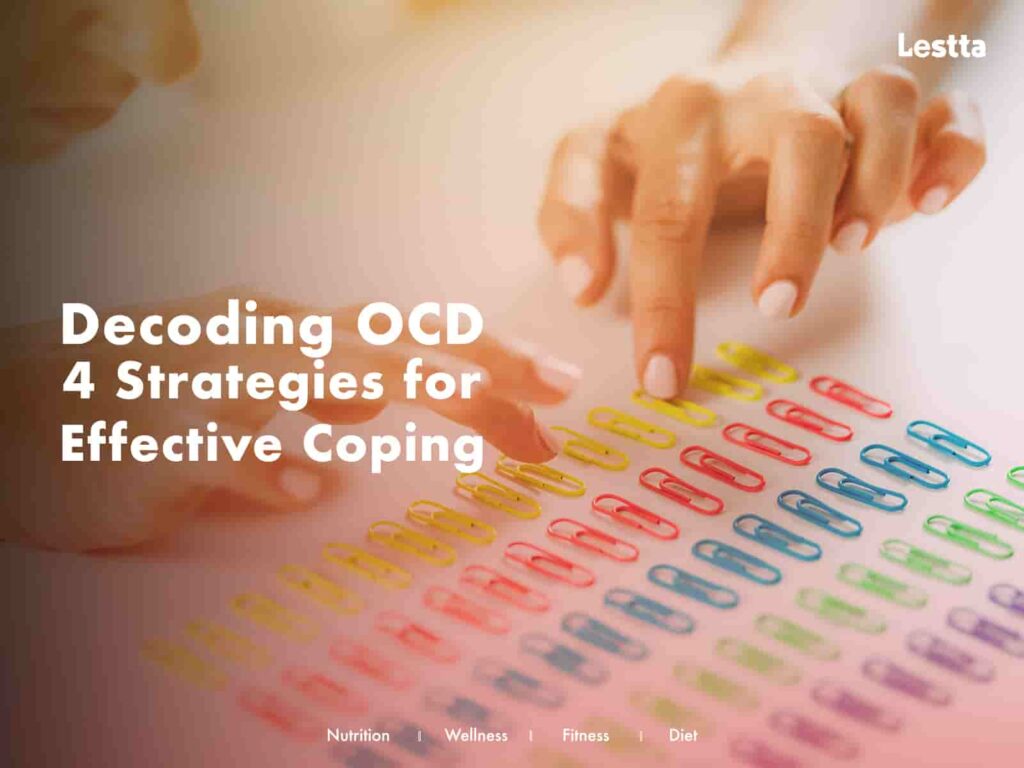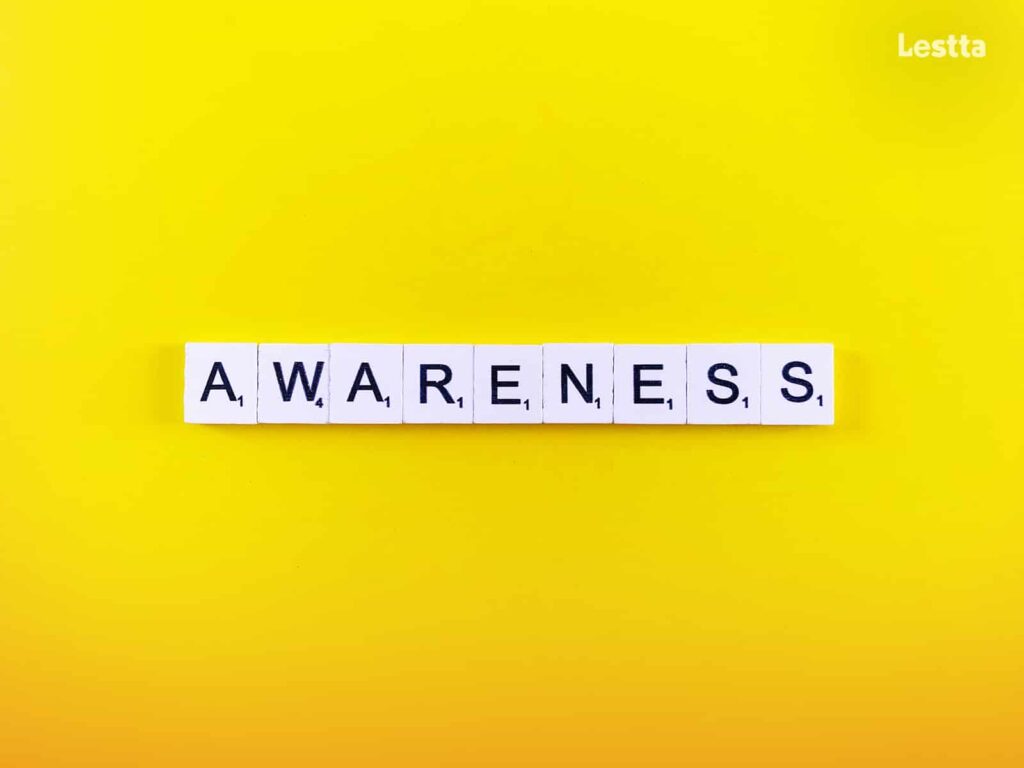
Decoding OCD can be a challenging endeavor, but understanding this complex disorder is the first step towards effective coping. Obsessive-Compulsive Disorder (OCD) is a mental health condition that affects millions of people worldwide. There are several strategies that can help individuals effectively cope with its symptoms and regain control over their lives.
1. Education and Awareness

The first step in decoding OCD is education. Understanding the nature of the disorder, its symptoms, and its underlying mechanisms is essential for effective coping.
Educating yourself about the neurobiological basis of OCD can help you realize that these intrusive thoughts are a result of a malfunction in the brain and not a reflection of your true self.
By recognizing that these thoughts are a symptom of a medical condition, individuals can begin to detach themselves from the distress they cause. Acknowledging that these thoughts do not define who you are is a powerful step towards reducing their impact.
Seeking information from reputable sources, consulting mental health professionals, and joining support groups can provide valuable insights and perspectives.
2. Cognitive-Behavioral Therapy (CBT)

Cognitive-Behavioral Therapy, often in combination with Exposure and Response Prevention (ERP), is considered one of the most effective treatments for OCD. CBT focuses on changing the distorted thought patterns and behaviors that contribute to the disorder.
In ERP, individuals are gradually exposed to their obsessions while refraining from engaging in compulsions.
This exposure helps individuals realize that their anxiety lessens over time without performing the compulsive rituals. Over repeated exposures, the brain learns to tolerate the anxiety, leading to a reduction in the intensity of obsessions.
CBT equips individuals with practical tools to manage triggers, challenge irrational beliefs, and develop healthier coping mechanisms.
3. Mindfulness and Meditation

Mindfulness and meditation techniques can be invaluable tools for managing Decoding OCD. They involve being fully present in the moment, observing thoughts and feelings without judgment.
By practicing mindfulness, individuals can learn to distance themselves from distressing thoughts, preventing them from spiraling into obsessive cycles.
Meditation, on the other hand, promotes relaxation and reduces anxiety. Regular meditation sessions can help individuals build resilience against OCD triggers and provide a sense of calm in the face of intrusive thoughts.
Over time, mindfulness and meditation can help shift the focus from trying to control thoughts to simply observing them, reducing the power that OCD holds over an individual’s life.
4. Building a Support Network

Coping with Decoding OCD can be a formidable task, but it’s essential to remember that you don’t have to face it alone. Building a strong support network is crucial for managing the challenges that OCD presents. This network can include friends, family members, therapists, support groups, and online communities.
Sharing your experiences with people who understand and empathize can provide a sense of relief and reduce feelings of isolation. Loved ones can offer encouragement and help reinforce positive behaviors while holding you accountable for your treatment goals.
Additionally, a therapist or counselor with experience in treating OCD can provide professional guidance tailored to your specific needs.
Conclusion
Finally, decoding OCD is a journey that involves understanding the disorder, learning effective coping strategies, and building a support system. Education, cognitive-behavioral therapy, mindfulness practices, and a strong support network are all essential components of this journey.
Remember that recovery is possible, and with the right tools and mindset, individuals can regain control over their lives and break free from the grip of OCD.









